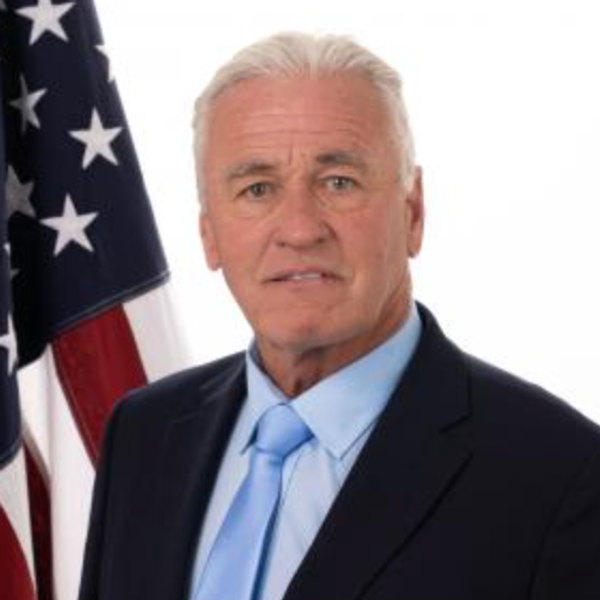
By Sue Britt and Julia Edwards
FERGUSON, Mo./WASHINGTON (Reuters) – The U.S. Justice Department sued Ferguson, Missouri, on Wednesday to force the city to change its police department and court system after the federal government found both to be biased against minorities.
The St. Louis suburb, a symbol of problems with policing and race in the United States, earlier on Wednesday said it wanted to change an agreement it had negotiated with the federal government due to the costs involved.
“The residents of Ferguson have waited nearly a year for their city to adopt an agreement that would protect their rights and keep them safe,” Attorney General Loretta Lynch said at a news conference.
She said the agreement that was decided upon had been painstakingly negotiated and Ferguson officials knew that rejecting it would invite litigation.
Ferguson officials had no immediate comment on the civil rights lawsuit, said spokesman Jeff Small.
The Justice Department initiated a civil rights investigation into Ferguson’s policing after an unarmed black teenager was killed by a white police officer in 2014.
It was one of several killings of black men, mostly by white officers, that started a nationwide debate about the use of excessive force by police, especially against minorities.
It resulted in a Justice Department report that was extremely critical of Ferguson’s police and court systems.
Mayor James Knowles told a news conference that reforms had to be affordable and attainable. “It serves no one’s purpose for us to fail,” he said.
Ferguson’s city council voted on Tuesday to accept the reform agreement, called a consent decree, as long as the city did not have to increase police officers’ pay and police staffing levels. It also said it wanted more time to comply with the other terms.
Knowles said that only in the last two weeks had the city been able to analyze the costs of implementing the decree.
He and city council members said Ferguson had already made some reforms, including community policing and a civilian review board to oversee police.
Civil rights advocates warned that litigation with the Justice Department could cost more than implementing the agreement.
“This decision only creates the potential for the type of litigation that creates more financial challenges that will be a burden on poor people,” said Rashad Robinson, executive director of Color of Change, a national civil rights organization.
(Reporting by Sue Britt and Julia Edwards; Additional reporting by Ben Klayman and Mary Wisniewski; Writing by Fiona Ortiz; Editing by Toni Reinhold and Lisa Shumaker)
Photo: Amarion Allen, 11-years-old, stands in front of a police line shortly before shots were fired in a police-officer involved shooting in Ferguson, Missouri August 9, 2015. REUTERS/Rick Wilking








